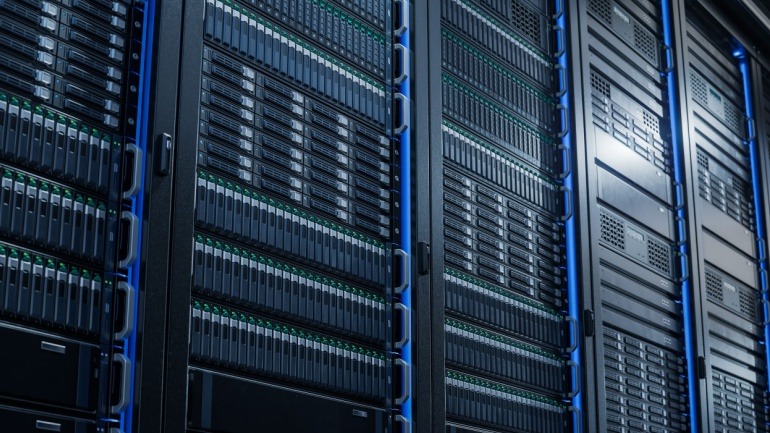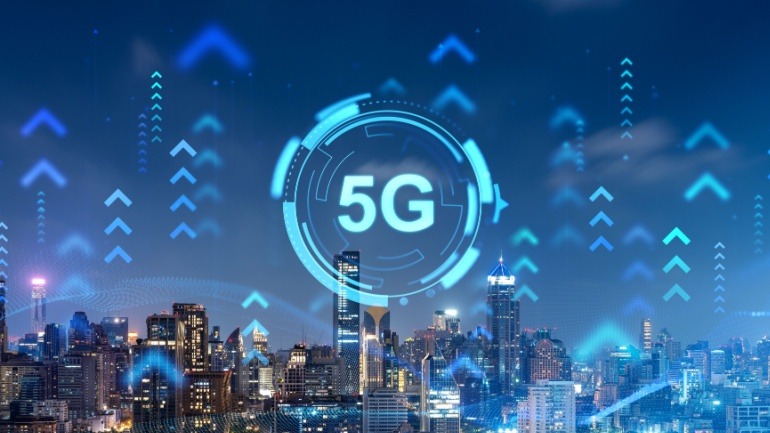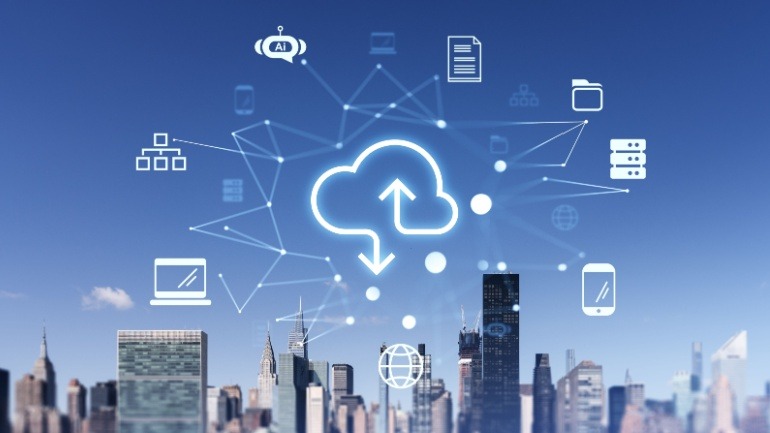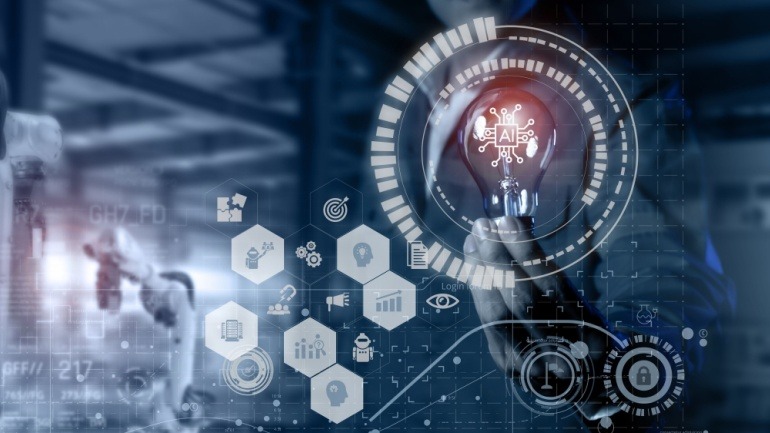Digicel Group and Symptai Consulting have partnered to enhance business solutions in the Caribbean. Leveraging Digicel’s investment, this collaboration strengthens cybersecurity and digital transformation services. With Symptai’s expertise, Digicel now offers expanded ICT solutions, empowering Caribbean businesses for global competitiveness.
Edgnex, backed by the Damac Group, is investing $2.3 billion in a major AI data center in Jakarta. With a planned 144MW capacity and a focus on energy efficiency, the project strengthens Indonesia’s digital infrastructure and marks a key move in Edgnex’s $3 billion Southeast Asia expansion strategy.
M1’s partnership with Ericsson promises to revolutionize Singapore’s 5G transport network by integrating cutting-edge automation and analytics tools. This collaboration focuses on enhancing network visibility, control, and energy efficiency, making use of AI and machine learning. M1’s initiatives are set to boost connectivity, sustainability, and enterprise efficiency.
South Korea will host its largest AI data center through a $4 billion partnership between SK Group and AWS. Located in Ulsan, the facility will house 60,000 GPUs and reach 103 megawatts by 2029, driving regional AI growth. SK subsidiaries will contribute resources and infrastructure, bolstering AI services, edge computing, and cloud-based GPU access nationwide.
Sinch’s latest report reveals that nearly all businesses plan to use AI in customer communications this year. As customer expectations grow, companies are embracing AI to deliver personalized, secure, and seamless experiences across channels like SMS, chat, and voice.
stc Bahrain has entered a pivotal agreement with Huawei to accelerate 5G-Advanced technology and AI services. This partnership, focusing on digital transformation, aims to provide innovative AI-driven solutions and 5G mobile private networks, enhancing enterprise sectors.
Amazon’s massive AU$20 billion investment in AWS cloud expansion in Australia marks a pivotal moment for the country’s digital transformation. Targeting Sydney and Melbourne, this effort enhances access to scalable cloud and AI services, meeting rising demands for generative AI solutions.
Vodafone and Airbus have teamed up to deliver a powerful communication service for frontline and mission-critical workers. Combining secure cloud tech with reliable mobile networks, the service enhances safety and collaboration in demanding environments.
In a heated debate over AI reasoning, Anthropic challenges Apple’s flawed testing methods. The controversy highlights the need for improved benchmarks, as Apple’s evaluations misunderstood AI reasoning by treating models as text generators.
Deutsche Telekom and Nvidia are set to transform European manufacturing with the world’s first industrial AI cloud. This will utilize 10,000 Nvidia GPUs, revolutionizing AI-driven manufacturing by 2026. Prioritizing data protection, this initiative aligns with European standards, offering manufacturers cutting-edge resources.













